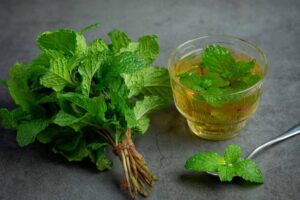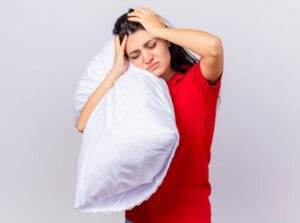The Health Blog
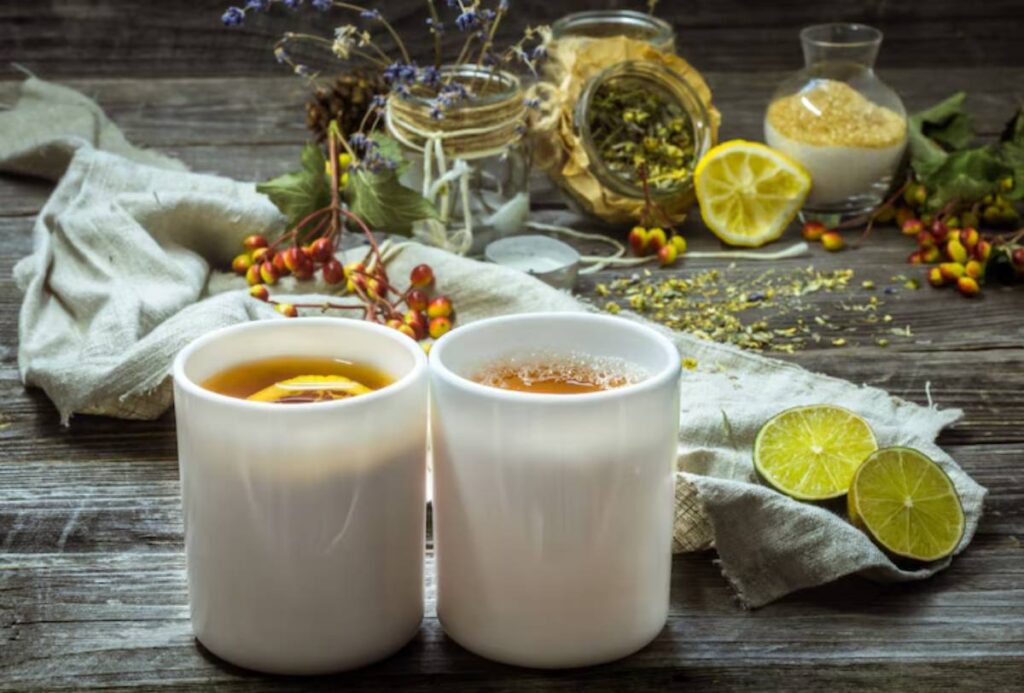
Herbal Teas That Help You Sleep Better
You switch off the lights, get into bed, and close your eyes. But your mind doesn’t follow. It keeps running — thinking about tomorrow, replaying the day, or just refusing to settle. If this sounds familiar, you’re not the only one. More and more people struggle with sleep, and not just now and then — it’s become part of everyday life.
The good news? You don’t need to reach for sleeping pills. Sometimes, all it takes is a warm cup of herbal tea to calm your body and quiet your thoughts.
In this post, we’ll look at the best herbal teas for sleep, how they work, and how you can use them as part of a soothing bedtime routine.
Why Herbal Teas Help With Sleep
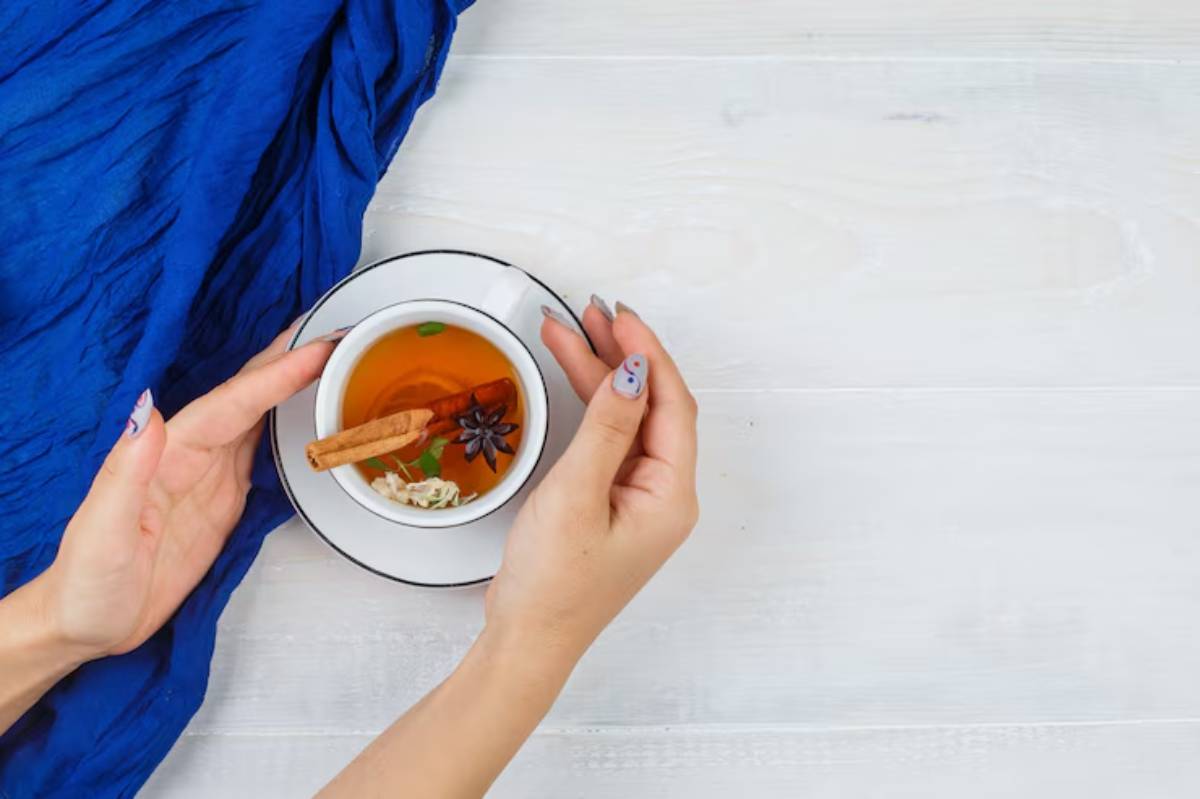
Herbal teas aren’t just a comfort drink. Many plants used in herbal teas have natural calming effects. Some help your muscles relax. Others reduce stress and anxiety. A few even support the body’s melatonin production — the hormone that tells you it’s time to sleep.
These natural sleep beverages work gently, without knocking you out or making you groggy the next morning. And because they’re caffeine-free, they won’t keep you up like regular tea or coffee can.
Let’s explore some of the most effective insomnia tea remedies you can try tonight.
1. Chamomile Tea – A Classic for a Reason
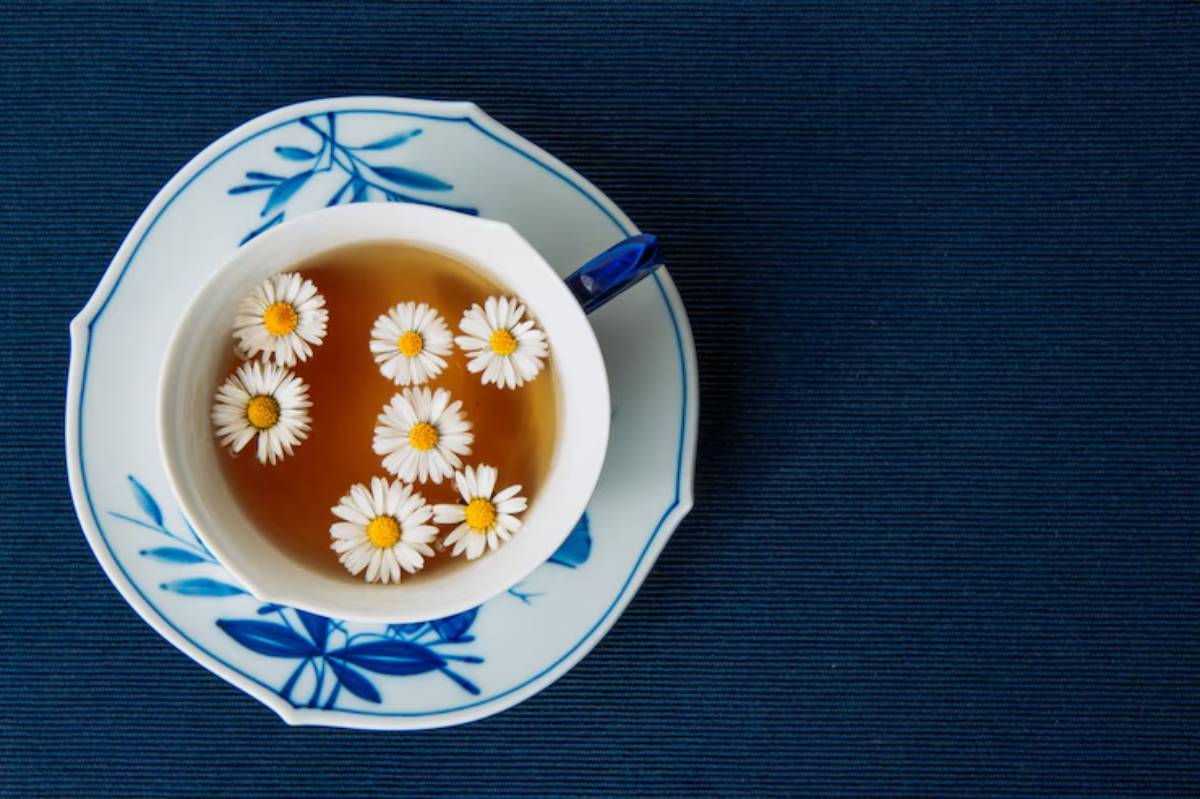
Chamomile has been used for centuries to help people relax. It contains apigenin, a compound that binds to receptors in the brain and encourages sleepiness. It’s especially helpful if you’re feeling anxious or restless.
Why it works:
- Reduces mild anxiety
- Eases digestive discomfort
- Encourages a calm, sleepy state
Best time to drink: About 30–45 minutes before bed
Bonus tip: Add a splash of warm milk or a teaspoon of honey for extra comfort.
2. Lemon Balm Tea – Light and Uplifting
Don’t be fooled by the citrusy name — lemon balm is part of the mint family. It’s known for its gentle calming properties and is often used to ease stress, irritability, and low mood — all things that can mess with your sleep.
Why it works:
- Supports a calm mind
- Lifts mood
- Can improve sleep when taken consistently
Best time to drink: Early in your evening wind-down routine
3. Lavender Tea – Floral Calm in a Cup
Lavender isn’t just for pillow sprays or bath salts. Drinking lavender tea can help reduce tension in both the body and mind. It’s a great option if your sleeplessness is linked to anxiety or a busy brain.
Why it works:
- Soothes the nervous system
- Reduces heart rate and blood pressure
- Encourages deep breathing and muscle relaxation
Best time to drink: About an hour before bed, with soft lighting or quiet music
4. Valerian Root Tea – Strong but Effective
Valerian root has been used since ancient times as a natural sleep aid. It’s stronger than most herbal teas, and while the taste is a bit earthy, many people swear by its effects.
Why it works:
- Helps you fall asleep faster
- Can reduce night-time waking
- Supports longer, more restful sleep
Best time to drink: Just before going to bed
Note: It may take a few days of consistent use to notice the full effects. And it’s best not to mix it with alcohol or sleep medications.
5. Peppermint Tea – Soothing and Simple
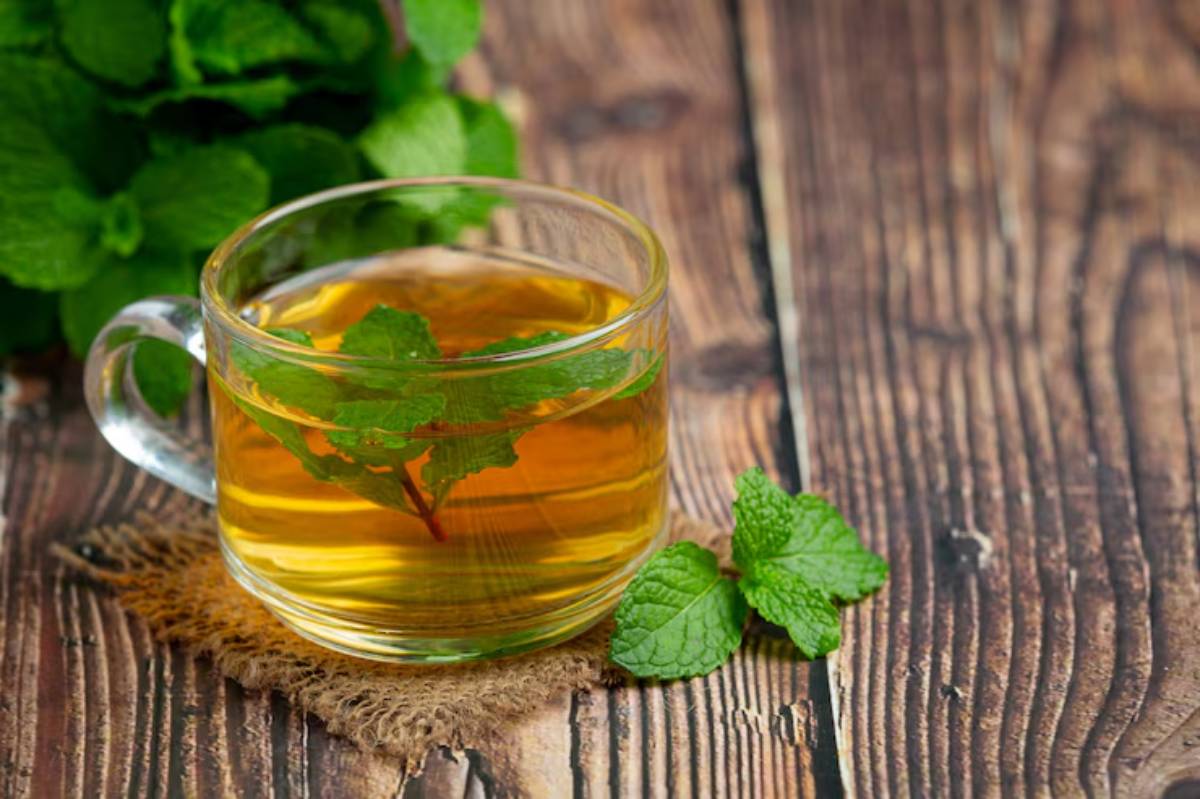
Peppermint doesn’t directly make you sleepy, but it helps in other ways. If your sleep issues are tied to digestion, bloating, or general discomfort, peppermint tea can offer gentle relief. It’s also naturally caffeine-free and refreshing.
Why it works:
- Calms the stomach
- Soothes bloating or cramps
- Creates a relaxed, cooling sensation
Best time to drink: After dinner or just before bed
6. Passionflower Tea – For Racing Thoughts
If your mind refuses to switch off at night, passionflower tea might be just what you need. It works on the brain’s GABA system, helping reduce mental overactivity and making it easier to relax.
Why it works:
- Calms nervous tension
- Eases mental chatter
- Supports steady, deep sleep
Best time to drink: About 30 minutes before bedtime
Good to know: Some people find it helpful before meditation or journaling, too.
7. Rooibos Tea – A Gentle All-Rounder
Rooibos (pronounced “roy-boss”) is a red tea from South Africa. It doesn’t have specific sedative effects, but it’s caffeine-free, rich in antioxidants, and easy on the stomach. It’s a nice choice if you want a warm, relaxing drink without feeling drowsy.
Why it works:
- Naturally calming
- Gentle on digestion
- Rich in sleep-supporting minerals
Best time to drink: Any time in the evening
How to Make the Most of Your Sleep Tea
To get the full benefits of your herbal tea, treat it like a nightly ritual — not just a drink. Here are some simple tips to help:
- Turn it into a habit. Try drinking your tea at the same time each night.
- Sip slowly. Take 10–15 minutes to enjoy your tea in peace, without your phone.
- Make it part of your wind-down. Pair it with a bath, a book, or some gentle stretching.
- Don’t rush bedtime. Let your body ease into sleep, rather than forcing it.
Optional boost: Pair your tea with a small sleep-friendly snack, like oats, banana, or almonds.
A Simple Bedtime Tea Routine
Here’s a sample routine you could try tonight:
- 8:30 PM – Turn off bright lights and put your phone away
- 8:45 PM – Brew a cup of lavender or chamomile tea
- 9:00 PM – Sit quietly and enjoy your tea
- 9:15 PM – Read a few pages of a calming book or do deep breathing
- 9:30 PM – Get into bed feeling calm and ready to rest
It doesn’t have to be complicated. The goal is to tell your body and brain that it’s time to slow down.
Let Nature Help You Sleep
If you’re tired of tossing and turning, it might be time to put the kettle on. Herbal teas offer a simple, gentle way to support better sleep — no side effects, no chemicals, just nature doing what it does best.
Whether it’s lavender to relax your mind, peppermint to ease your stomach, or valerian root for deeper rest, there’s a tea out there that can help you sleep better. The key is to try a few, see what works for you, and build a bedtime ritual that feels calm, familiar, and soothing.



